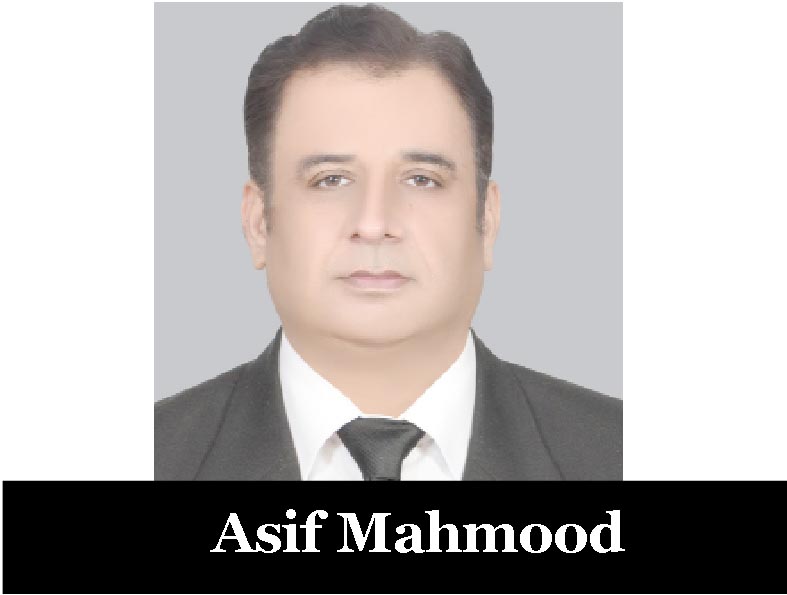The question of Azad Kashmir can and must be addressed through political leadership. It is the duty of elected representatives to step forward, shoulder their responsibilities, and seek solutions through dialogue rather than confrontation. In this context, Prime Minister Shehbaz Sharif’s decision to constitute a high-level negotiation committee comprising senior leaders of the Pakistan Muslim League (Nawaz) and the Pakistan People’s Party is both timely and wise. It reflects not only democratic maturity but also a deep commitment to the aspirations of the Kashmiri people.
Shehbaz Sharif has shown before that the concerns of Azad Kashmir are close to his heart. Earlier, he announced a special relief package of 23 billion rupees for the region, providing vital economic support. More recently, he took immediate notice of the unfolding situation, ordered impartial investigations into the unfortunate incidents, directed urgent aid for the affected families, and prioritized dialogue as the path forward. These steps demonstrate his empathy and his resolve to address Kashmiri grievances with seriousness and sincerity.
The inclusion of prominent figures such as Senator Rana Sanaullah, federal ministers Sardar Yousaf and Ahsan Iqbal, former AJK president Masood Khan, and PPP stalwart Qamar Zaman Kaira in the committee highlights the government’s recognition that political issues must be resolved by seasoned political actors. It is also worth noting that previously, federal ministers Amir Muqam and Dr. Tariq Fazal Chaudhry were sent to Muzaffarabad to hold talks, during which several demands of the protesters were accepted. Yet new demands surfaced, complicating the situation further.
The Prime Minister’s position remains consistent: meaningful change can only come through dialogue and democratic process. By recognizing the right of citizens to protest peacefully, he has aligned himself with the democratic aspirations of the Kashmiri people. At the same time, his instructions to law enforcement agencies to exercise restraint reveal his determination to avoid further escalation and ensure stability.
With negotiations now underway, there is little justification for continued unrest or destructive agitation. If the Awami Action Committee refuses to engage positively with the government’s initiative, doubts will inevitably grow about the true motives of its leadership. Equally, it is the responsibility of protesters to protect public and private property and to ensure their dissent remains peaceful and constructive.
The Prime Minister has directed the committee to present recommendations without delay and has committed to implementing them promptly in order to resolve the pressing issues faced by the Kashmiri people. Upon his return, he will personally oversee the process, underscoring the seriousness of the government’s intent.
It is clear that the solution to Azad Kashmir’s crisis lies not in force or provocation but in political dialogue, responsibility, and wisdom. The political leadership must rise to the occasion, for it is only through statesmanship and democratic maturity that stability and justice can prevail.
